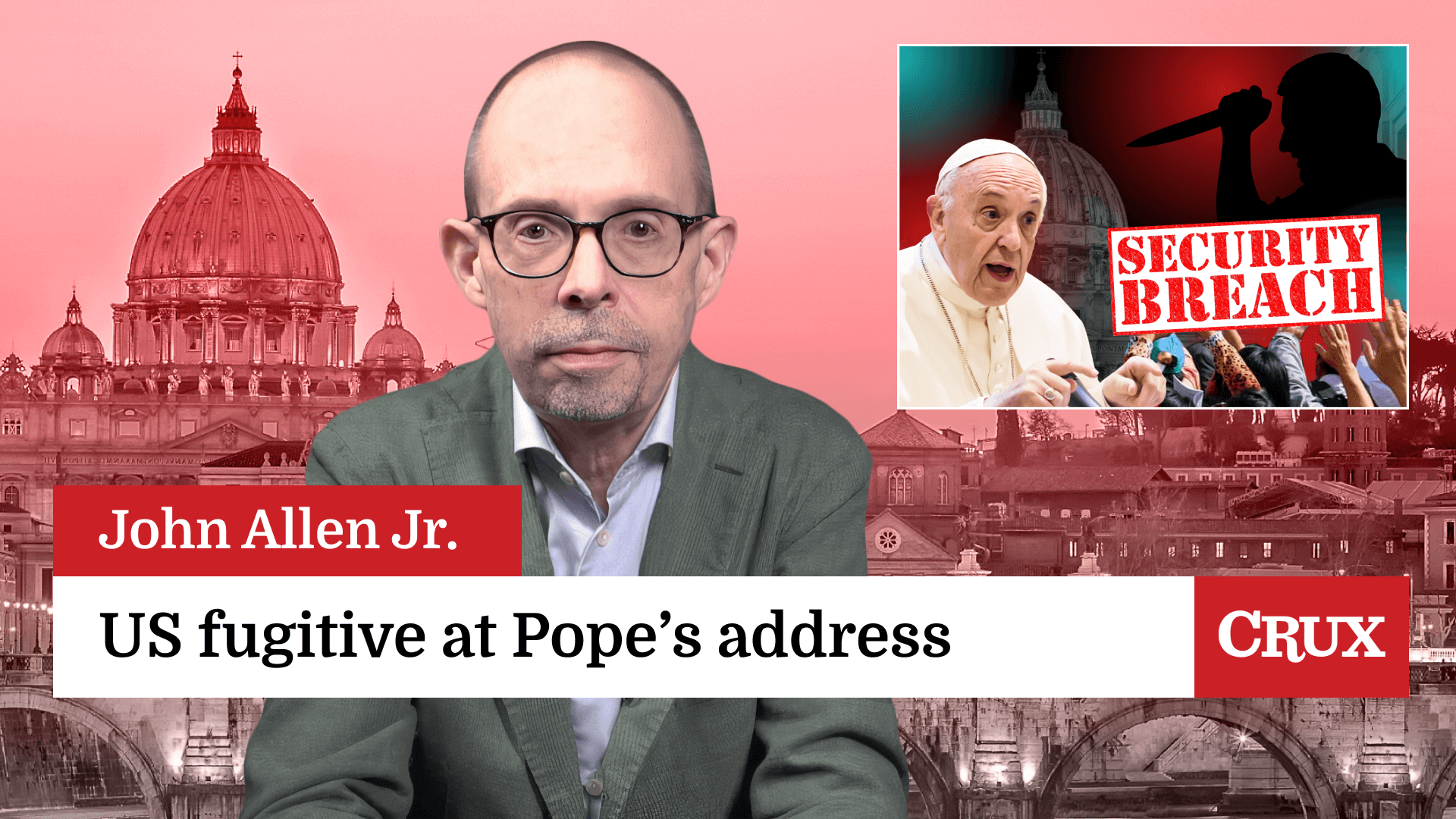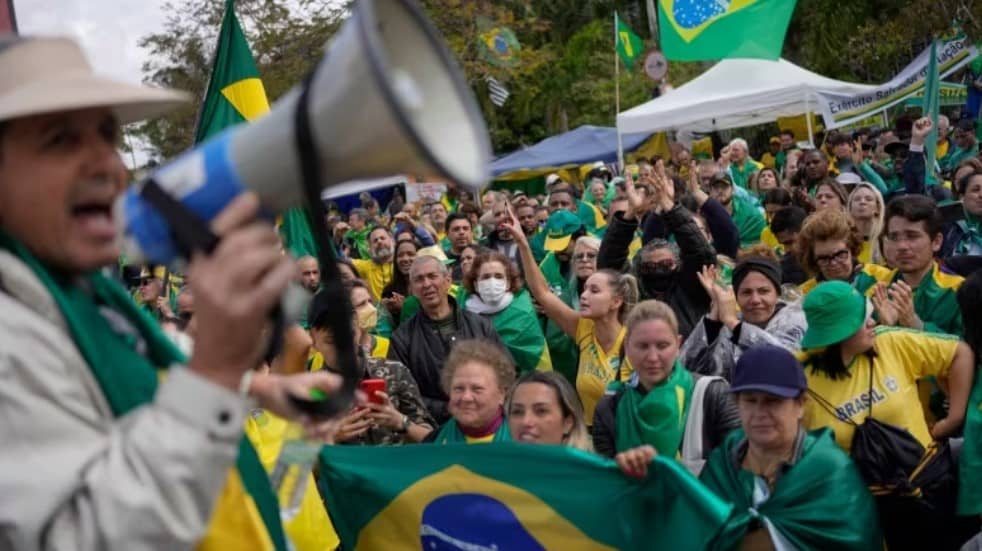SEOUL — Pope Francis on Saturday delivered perhaps his most dramatic anti-abortion gesture as pope, visiting a symbolic “cemetery for abortion victims” located in a field behind a church-run charitable center.
Although the early stages of Francis’s papacy were marked by questions about the intensity of his commitment to opposing abortion, the gesture adds to a recent catalogue of anti-abortion statements by the pontiff.
Francis is on the third day of a visit to South Korea, his first outing to Asia and the third overseas trip of his papacy.
Located at the Kkottongnae home for the sick, a facility serving about 5,000 elderly and disabled persons and located about 120 miles from Seoul, the memorial is composed of a grassy field dotted with white crosses as well as a statue of what Catholics refer to as the “Holy Family”: Joseph, Mary, and Jesus as a child.
Jung Kwang-ryul, a member of the Kkottongnae community, described the site as a “one-of-a-kind memorial,” saying the pope’s stop is “a clear testimony of his defense of life.”
Francis paused briefly at the site, bowing his head and folding his hands in a moment of silent prayer.
In South Korea abortion is illegal except in cases of rape or incest, when a woman’s health is in danger, or when a pregnant woman or spouse has certain diseases. Despite those restrictions, it is believed to have one of the world’s highest abortion rates.
Since Francis’s election to the papacy, there’s been an undercurrent of concern among some Catholic anti-abortion activists that he may not be fully committed to the cause.
Those fears were fueled by a couple of interviews in which Francis complained of the Church being “obsessed” with moral debates, saying in one: “We cannot insist only on issues related to abortion, gay marriage and the use of contraceptive methods.”
Since that time, however, Francis has found occasions to solidify his anti-abortion credentials.
In a 2013 audience with an association of Italian gynecologists, the pope quoted from a 1974 document from the Congregation for the Doctrine of the Faith to assert that “the first right of a human being is life.”
He argued that the church has become engaged in recent years in defense of the right to life precisely because human life has become cheap, citing the “unborn” among the most vulnerable categories of people.
In a November 2013 document “Evangelii Gaudium” (“Joy of the Gospel”), Francis wrote that the church’s defense of unborn life “cannot be expected to change” because it’s “closely linked to the defense of each and every other human right.”
In a January speech to diplomats accredited to the Vatican, generally considered the pope’s top annual politics and foreign policy speech, Francis returned to the theme. “It is horrific even to think that there are children, victims of abortion, who will never see the light of day,” he said.
In April, during an audience with members of an Italian pro-life movement, the pontiff used even stronger rhetoric.
“It is necessary to reiterate the strongest opposition to any direct attack on life, especially innocent and defenseless, and her unborn child in the womb is the innocent par excellence,” the pope said. “Life once conceived must be protected with the utmost care; abortion and infanticide are abominable crimes,” he said.
The visit to the abortion memorial in South Korea adds to that record.
It also builds on a remark the pontiff made Friday during a Mass held in Daejeon, about 90 miles south of Seoul.
Francis ticked off a series of threats, including a “culture of death which devalues the image of God of life, and violates the dignity of every man, woman and child.”
The phrase “culture of death” is linked to the late St. John Paul II and battles over abortion and other matters of sexual morality during his papacy. By inserting it into his public rhetoric, Francis associated himself with that agenda.
















